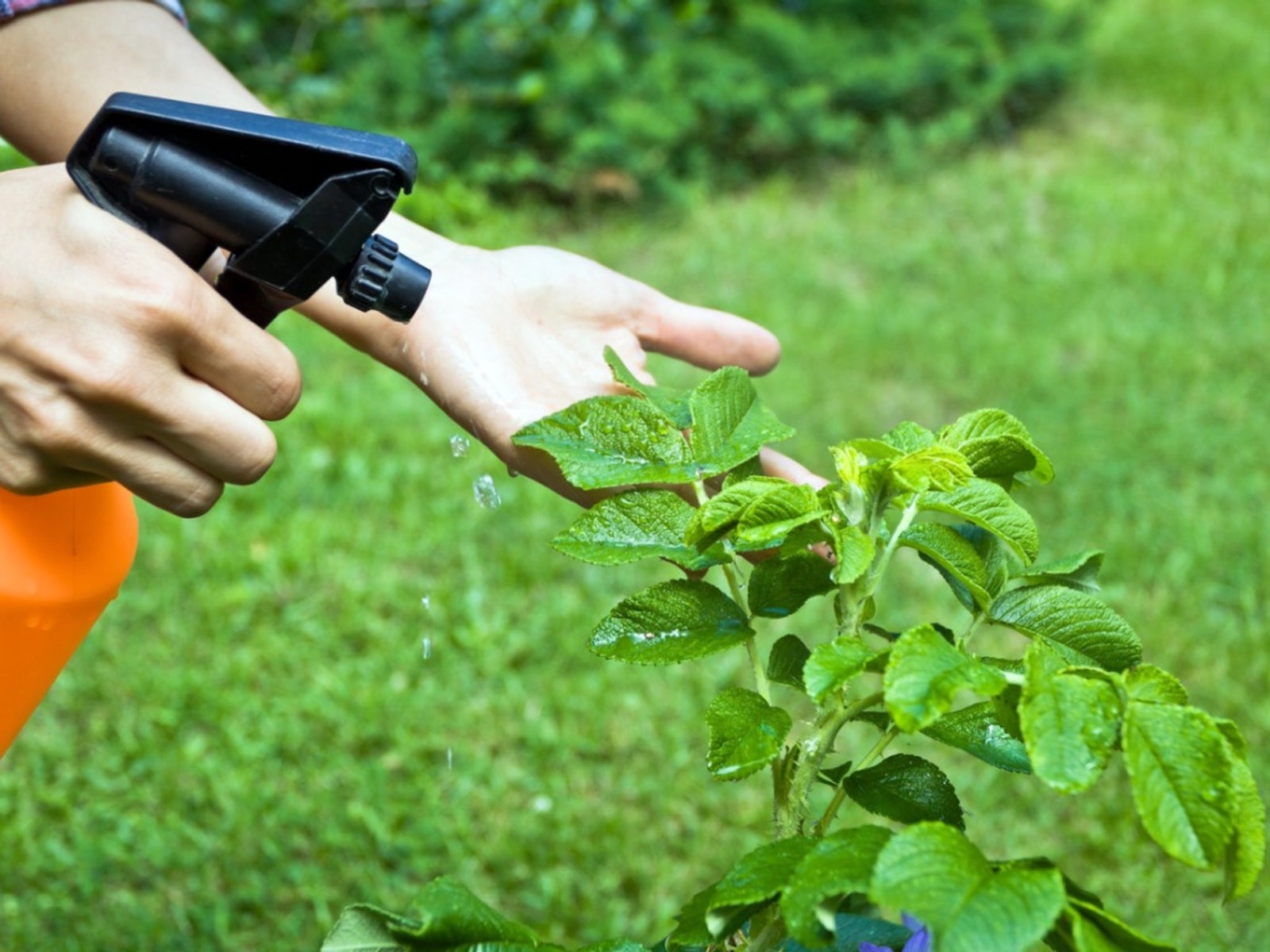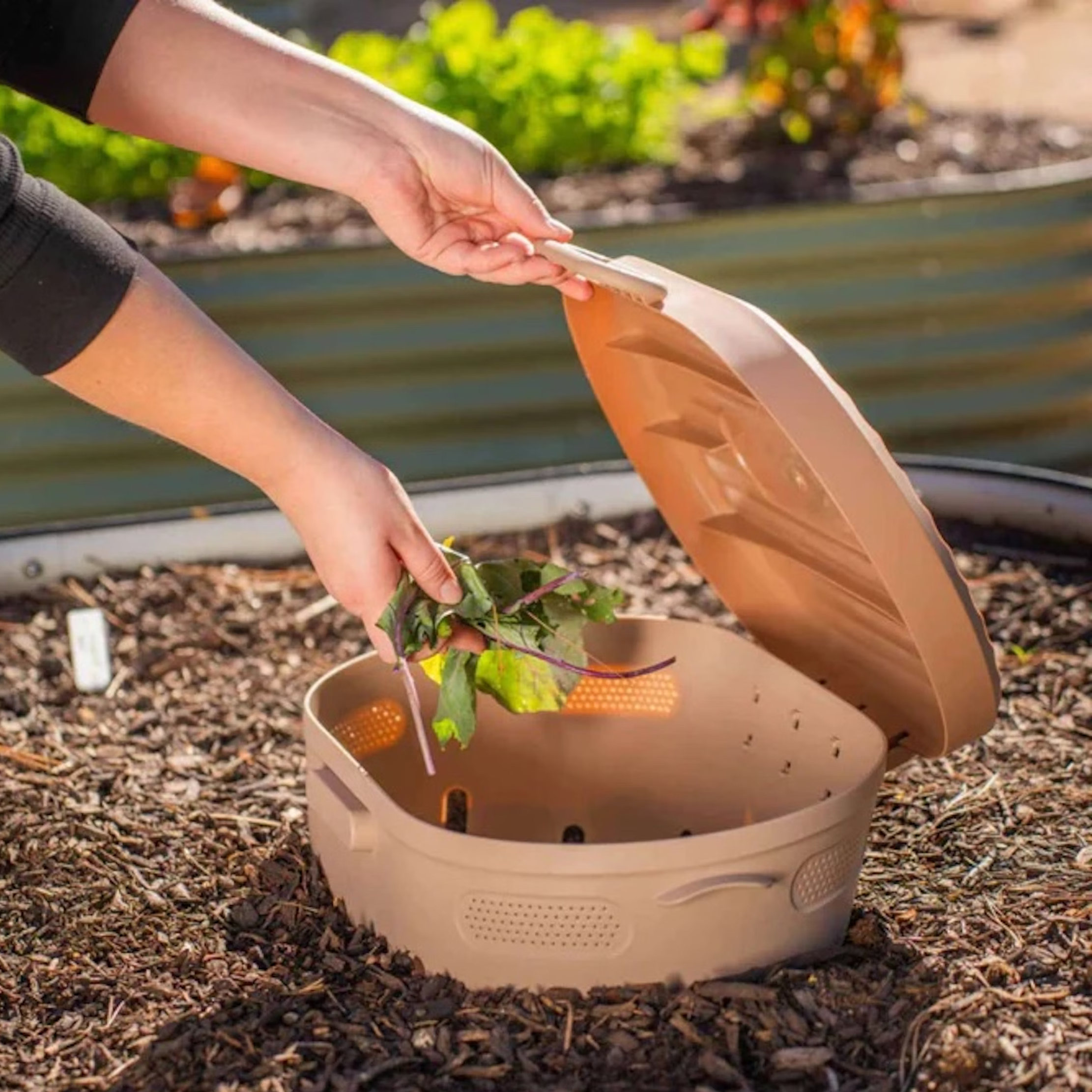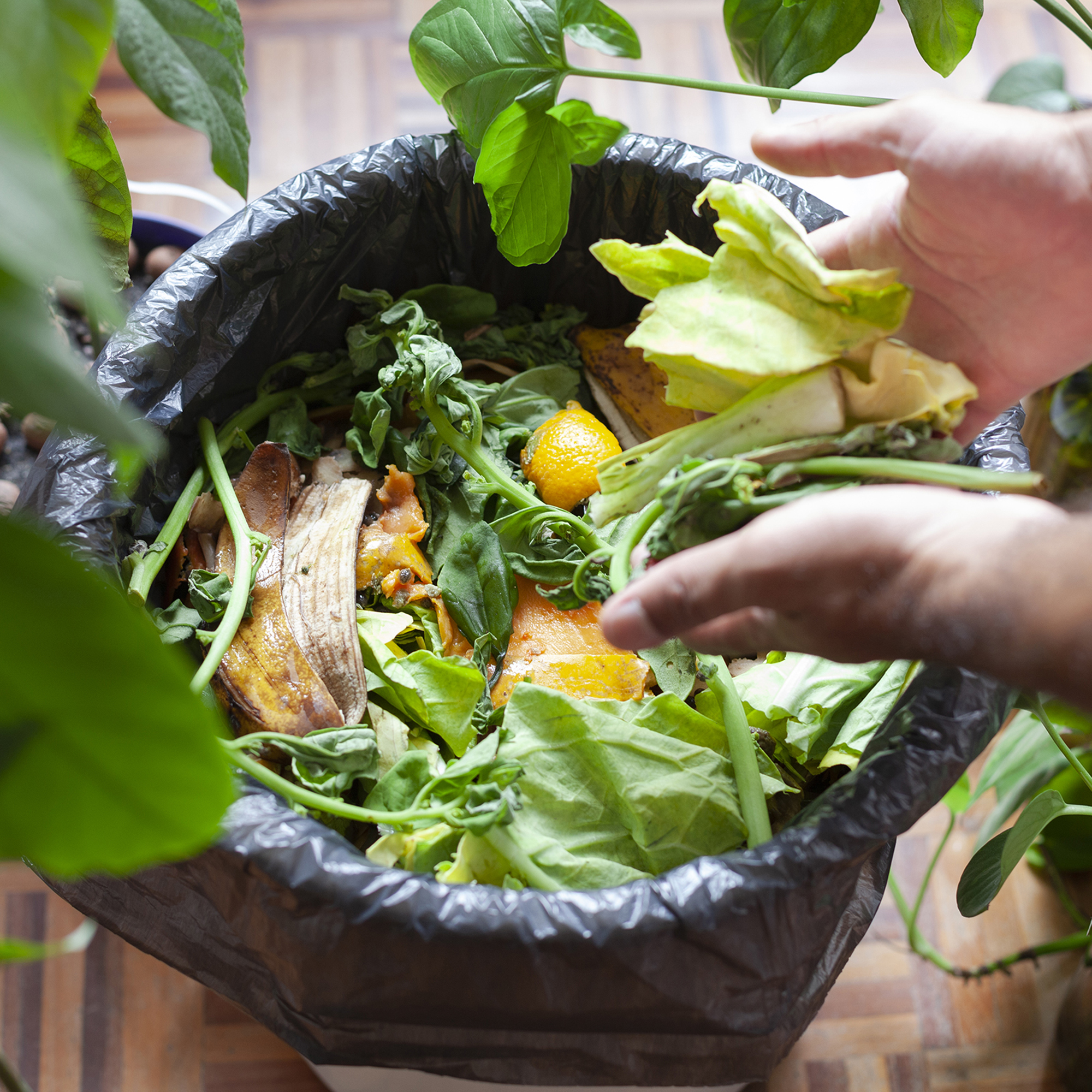What Are Organic Pesticides And Are Organic Pesticides Safe To Use


Keeping ourselves and our children safe from toxic chemicals is a no brainer, but not all products on the market are as safe as they purport to be. Organic pesticides are a safer alternative to chemical formulas, but even these need to be used with caution. What are organic pesticides and are organic pesticides safe?
What are Organic Pesticides?
Organic pesticides for plants are considered to be those made from natural ingredients. That doesn’t mean they are free from chemicals, just that the chemicals are derived from botanical and mineral sources. They must still be used carefully, but the chemicals break down more quickly than commercial sources and are deemed less threatening. Chemicals assault the body at almost every hour of the day. They may come in the air, the food we eat, the products we use on our bodies, and even in our drinking water. Toxic buildup of these chemicals have been shown to cause damage in the body and minimize health. Many of the modern pesticides used today commercially persist in soil for years and compound the store of toxins in our soil, air, and water. There are many types of natural pesticides which are not products of chemical engineering and return to the earth with less impact and reduced danger. Pesticides for organic gardens must meet certain criteria set forth by the USDA and bear a logo stating they are certified. Are organic pesticides safe to use in the home landscape? The bonuses with using organic pesticides for plants are their specific target range, slow mode of action, shorter persistence, low residue levels, and safer use than conventional pesticides. These attributes are a win-win for consumers and the earth alike, but as with any formula you must pay strict attention to time and mode of application and follow any precautions.
Types of Natural Pesticides
The wide variety of organic pesticides encompasses biochemical, microbial, botanical, or mineral based. Many of these come from plants themselves, insects, or naturally occurring minerals.
- Biochemical – Biochemical pesticides are fascinating in their simplicity and sneakiness. Pheromones are one form which is sometimes naturally sourced or manmade. They can disrupt mating behavior and control insect populations.
- Microbial – Microbial agents stem from bacteria, fungi, algae, naturally occurring viruses, or protozoans. These either introduce a disease to a certain insect population, produce a toxin or limit reproduction. Milky spore is an example of this type of natural pesticide.
- Botanical – Botanical pesticides come from plants. Nicotine, Neem, Rotenone, Sabadilla, and Pyrethrins are all derived from other plants. Pyrethrins for instance, come from the chrysanthemum plant and are effective on flying insects and to flush out larvae and grubs.
- Mineral – Mineral based controls include sulfur and lime-sulfur. Both are sprayed as part of the control of common insect pests.
Homemade Organic Pesticides
Folk wisdom had a cure all for everything before modern technology and science came to the fore. Pest control in the field was accomplished using companion plants and herbs, good cultural practices (such as crop rotation and field burning) or the result of home concocted sprays and dusts.
- Garlic can deter beetles and some larvae. Pennyroyal, feverfew, and tansy have excellent repellent properties and add lively color, scent, and texture to the garden.
- Encouraging beneficial insects, such as ladybugs and wasps, are a natural way to reduce the populations of unwanted pests.
- Vegetable oil mixed with organic dish soap is a common pesticide useful on small sucking insects.
- Sticky traps are easy to assemble with fly paper and effective in controlling flying insects on fruit trees.
- The internet abounds with homemade organic pesticides and successful methods of controlling insects.
Gardening tips, videos, info and more delivered right to your inbox!
Sign up for the Gardening Know How newsletter today and receive a free copy of our e-book "How to Grow Delicious Tomatoes".

Bonnie Grant is a professional landscaper with a Certification in Urban Gardening. She has been gardening and writing for 15 years. A former professional chef, she has a passion for edible landscaping.
-
 Try The Trend – Turn Any Bed Into A Keyhole Garden With This Clever In-Ground Composter
Try The Trend – Turn Any Bed Into A Keyhole Garden With This Clever In-Ground ComposterKeyhole gardening is an efficient and sustainable practice that saves space. Get started on this DIY project quickly and easily with an in-ground composter.
By Bonnie L. Grant
-
 4 Superfast Composting Methods: Turn Waste Into Garden Gold In 30 Days Or Less
4 Superfast Composting Methods: Turn Waste Into Garden Gold In 30 Days Or LessTry the fastest composting methods to turbocharge your pile and transform kitchen scraps and garden waste into finished compost in just a few weeks.
By Mary Ellen Ellis